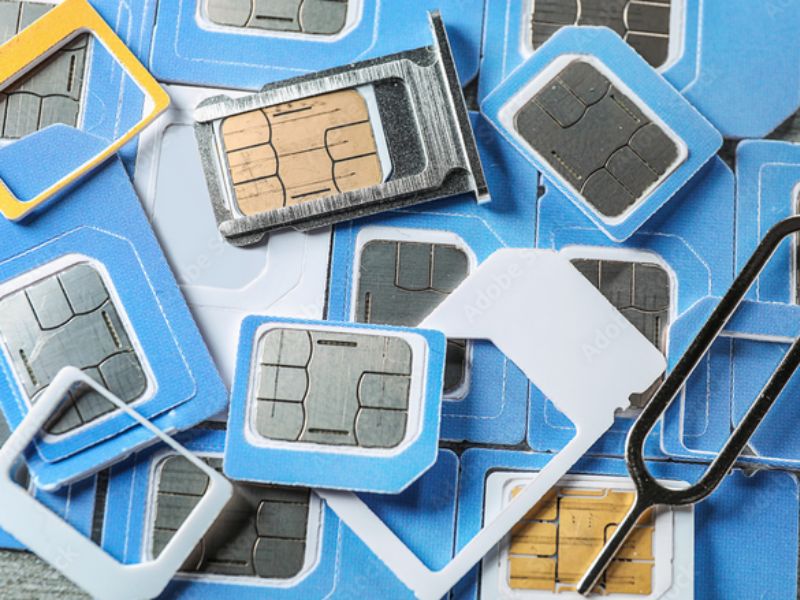
Government Takes Action Against Cybercrime: 20 Million Phone Numbers Disconnected to Combat Cyber Slavery
In response to reports of Indian citizens being coerced into cybercrime and cryptocurrency fraud in Southeast Asia, the Indian government has enhanced SIM card security checks and disconnected over 20 million mobile connections. Approximately 29,000 Indians are currently believed to be detained in countries such as Thailand, Cambodia, Myanmar, and Vietnam, where they are forced to engage in cybercrimes, including cryptocurrency schemes and identity theft.
Many victims are lured by enticing job offers that promise substantial compensation. Upon arrival in these countries, their passports and money are confiscated, effectively rendering them captives. Known as "cyber slaves," these individuals are provided with customized phones that mask their true locations and appear to use Indian numbers. They are coerced into making calls to other Indians, scamming them with various fraudulent schemes, including cryptocurrency scams and pig butchering scams. Victims face intimidation and physical assault if they resist.
Since January 2023, the Indian Cybercrime Coordination Centre (I4C) has recorded over 100,000 cybercrime complaints, with Southeast Asia responsible for 45% of these incidents. In light of this alarming situation, the Union Ministry of Telecommunications is taking steps to deactivate nearly 21 million illegally acquired mobile connections that are being used in criminal activities.
To strengthen its response, the government is implementing stricter know-your-customer (KYC) regulations for SIM cards. Telecom providers are also instructed to block incoming foreign calls that spoof Indian numbers, as these calls constitute a significant portion of international communications.
A large proportion of the trapped individuals come from India, with over 33% originating from Punjab, Maharashtra, and Tamil Nadu. The majority are young adults aged 20 to 39, and 72% of those reported missing are men. Thailand has emerged as the primary destination, with around 69% of victims (approximately 20,450) believed to have travelled there and never returned. An additional 5,000 Indians are thought to be stuck in Cambodia, forced into cyber and cryptocurrency-related crimes.
In response to this crisis, India's Department of Telecommunications (DoT) has begun blocking all international calls that spoof Indian numbers, successfully blocking 35% of such calls. Furthermore, a high-level task force is working to improve immigration checks to identify potential victims before they leave India. Intelligence agencies are also gathering information on those already trapped and exploring additional solutions to address the growing threat of cyber slavery.
New Delhi, October 3, 2024 1:04 AM
You May Also Like It
The official YouTube channel of the Supreme Court of India
Bhargavi Mani, a traveller at Bengaluru International Airport, recently fell



